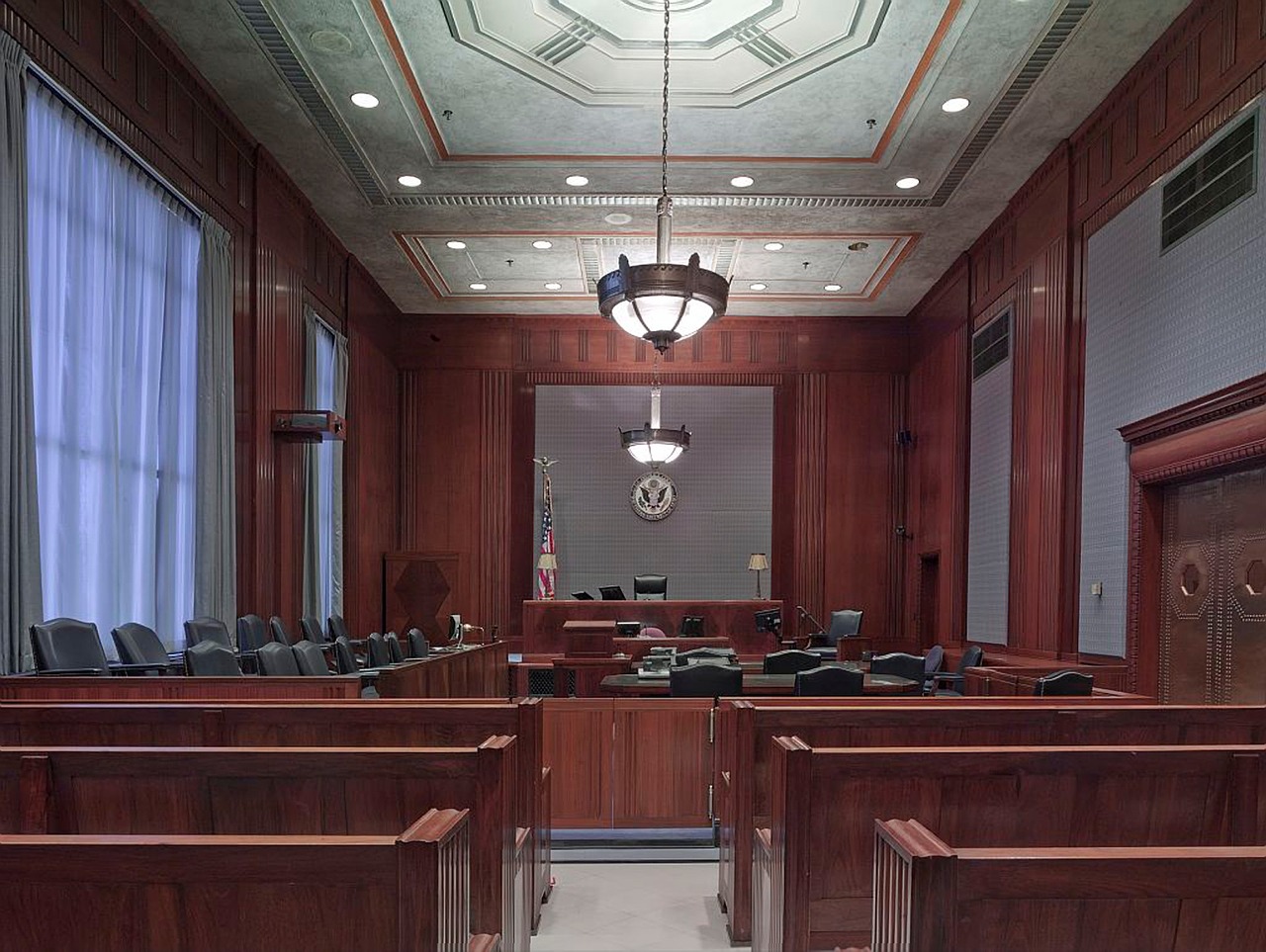
Your 6th Amendment Right to Trial by Jury
As an accused in a criminal prosecution you have a number of important rights that are guaranteed to you by the U.S. Constitution. Most of those rights are found within the first ten Amendments, collectively known as the “Bill of Rights.” Your right to a trial by jury is located in the 6th Amendment, which reads as follows:
In all criminal prosecutions, the accused shall enjoy the right to a speedy and public trial, by an impartial jury of the state and district wherein the crime shall have been committed, which district shall have been previously ascertained by law, and to be informed of the nature and cause of the accusation; to be confronted with the witnesses against him; to have compulsory process for obtaining witnesses in his favor, and to have the assistance of counsel for his defense.
The right to a trial by jury, like all your Constitutional rights, is your right to exercise or to waive. If you waive your right to a trial by jury, but you still maintain your innocence, your case will proceed to a bench trial, also known as a trial by judge, wherein the judge decides the issue of guilt. You might also waive your right to a jury trial if you have negotiated an acceptable guilty plea agreement with the state.
Who Will Be on the Jury of Your Peers?
Typically, when a defendant asks if he/she can really get a fair trial, what they mean is can they actually get a fair jury – or even more specifically, a jury of their peers. When the court is notified of a jury trial, the clerk’s office is also notified. A random list of names is then generated from the state’s driver’s license records. Those people are sent a summons ordering them to appear for jury duty on the date and time specified on the summons. These people make up the prospective jury pool, though only a small fraction of them will actually make it onto the final jury. Some experts argue that pulling names from the driver’s license records makes it more likely that jury members will be middle to upper class and less likely to be minorities. This illustrates the concern defendants often have when faced with the prospect of a jury trial – will the people sitting on the jury be anything like me? If the jury that decides your fate doesn’t have anything in common with you, and therefore cannot realistically relate to you, will you get a fair trial?
Unfortunately, your concerns may be valid. Although we have the best legal system in the world it is far from perfect. One way to try and ensure that a defendant does not end up with a jury full of people who have nothing in common with him/her is through the use of peremptory challenges. Both sides can use the challenges to excuse a prospective juror for any reason (other than discriminatory reasons). Of course, the ability to shape a jury through the use of peremptory challenges only helps if there are at least some people in the prospective jury pool that truly are your peers.
If you are concerned about getting a fair trial, be sure to discuss your concerns with your defense attorney. An experienced attorney will know whether or not you are likely to truly get a jury of your peers which can help you decide if a fair trial is realistic.
Contact a Murfreesboro Criminal Defense Attorney
If you have additional questions or concerns about a trial in the State of Tennessee, it is in your best interest to consult with an experienced Murfreesboro criminal defense attorney as soon as possible. Contact the team at Bennett, Michael & Hornsby today by calling 615-898-1560 to schedule your appointment.
- When Are Miranda Warnings Required? - April 16, 2024
- 5 Benefits of Mediation in a Tennessee Divorce - April 9, 2024
- Understanding White-Collar Crimes in Tennessee - April 5, 2024







